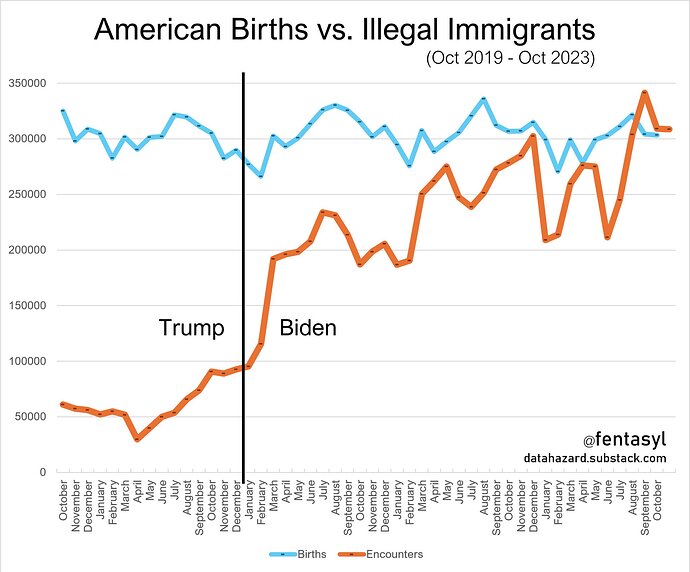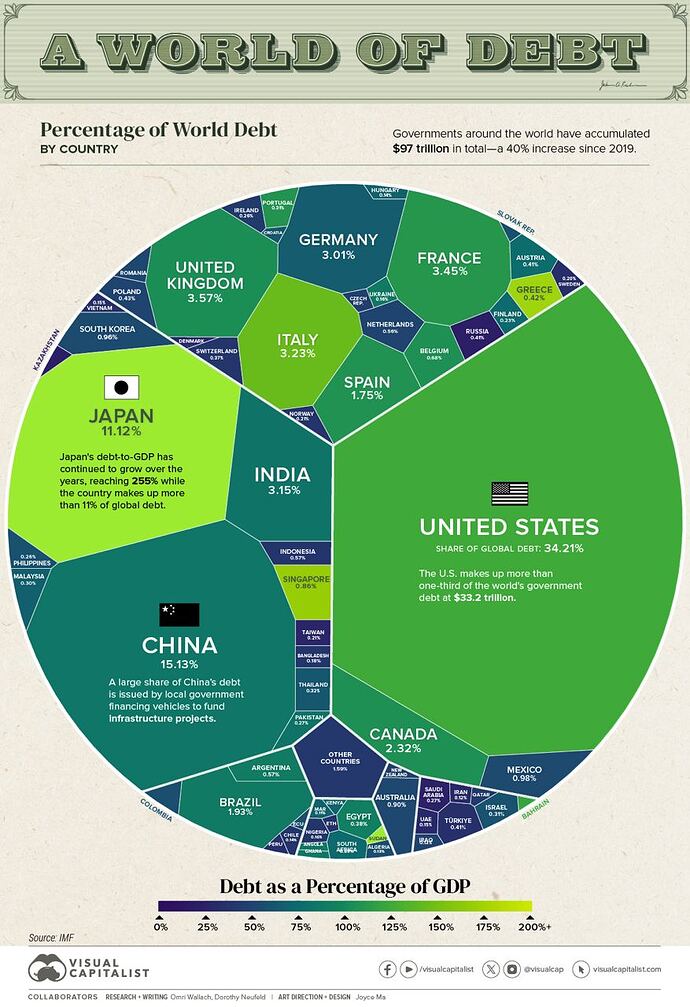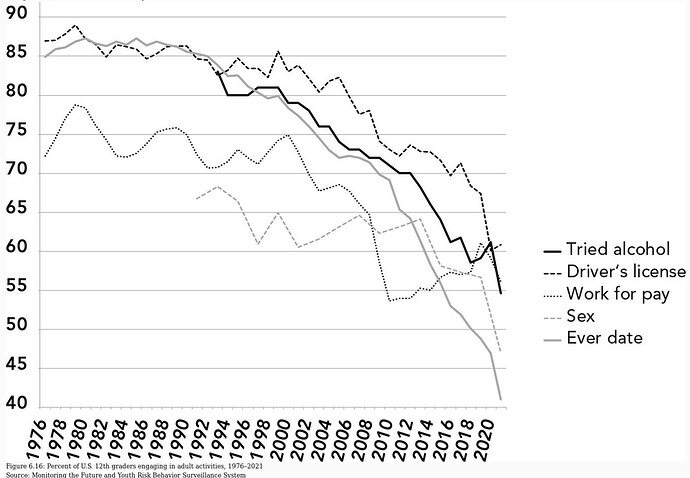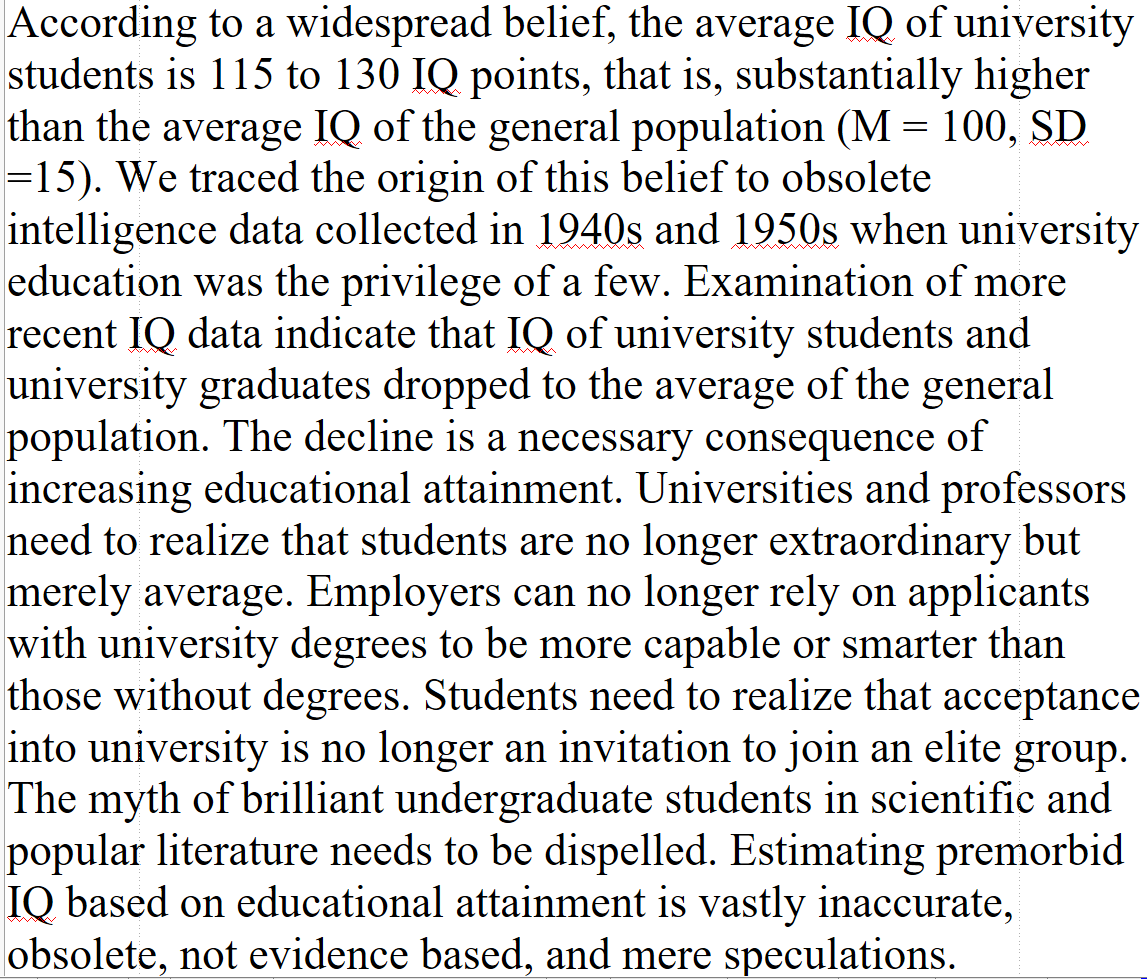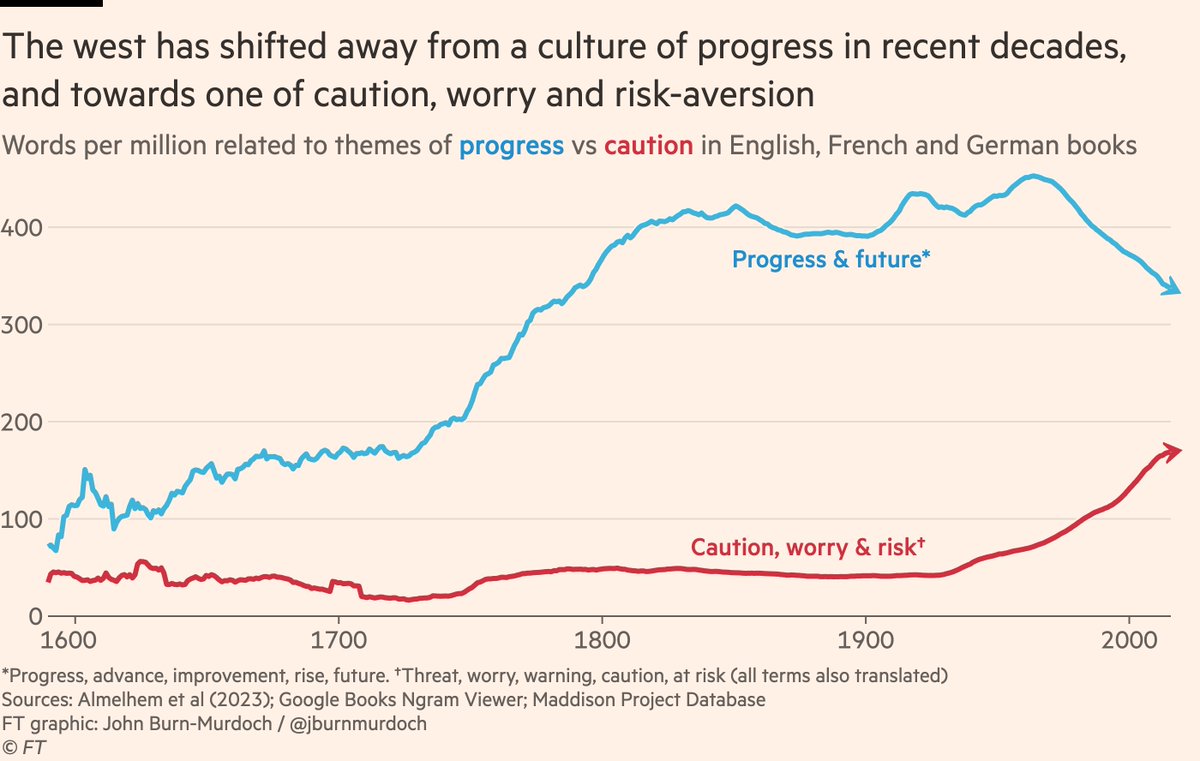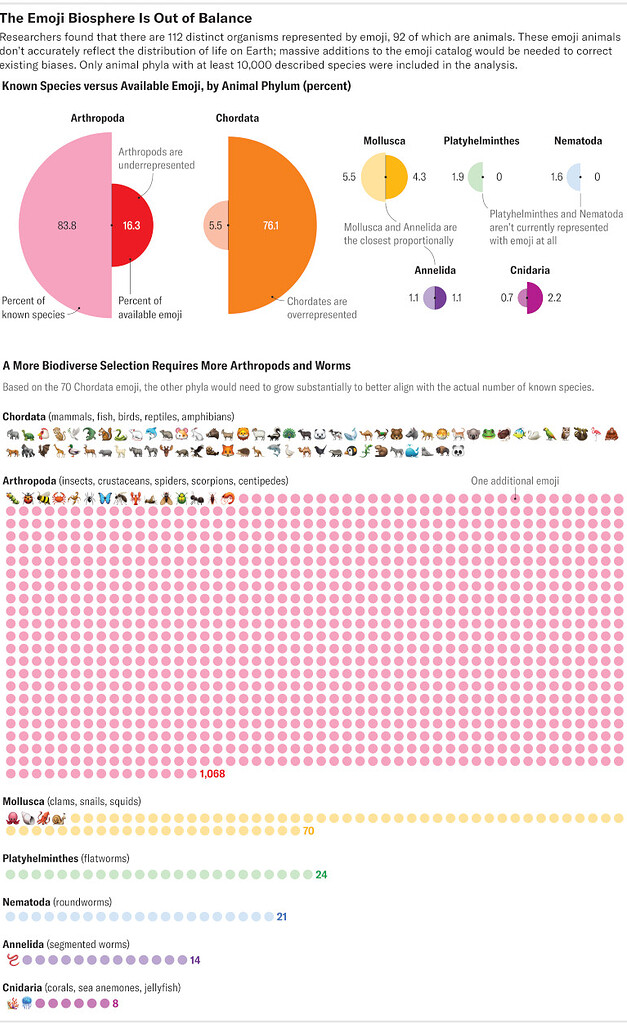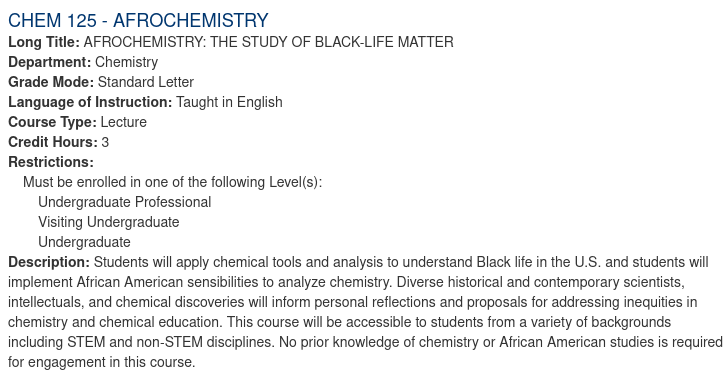Compare this story with the forced resignation of the Stanford president earlier this summer.
Heavens, It isn’t a Republican described as “embattled” this time. May be a sign of being thrown under the bus.
Here is more on the Hinkley Point C nuclear power station. The site was announced in 2010, licensed in 2012. The operator announced approval of the project in July 2016 and in September 2016 the UK government approved the project.
AND she apparently KEEPS her $990K salary. “Being canned” no longer means quite what it once did, apparently. And Harvard has that kind of cash lying around to afford paying a non-employee almost a mil a year.
With long bodies and short coats that are often black and tan, the solidly built dogs are shaped a bit like a downsized corgi, standing around 1 foot (30 centimeters) at the shoulder and weighing up to about 17 pounds (7.7 kilograms). Historically, they were farm helpers that could both drive cattle and rout rats, and today they participate in an array of canine sports and pursuits.
The situation is a bit more complicated. News reports indicate she will remain a faculty member at Harvard. Notwithstanding the very high salary, her faculty position would imply the plagiarism problem remains unresolved.
Somehow or another, Harvard would need to address the facts of that matter in a manner that passes at least some semblance of smell test. A possible way out would be for her to promptly take a sabbatical “to spend more time with her family” and let some time pass.
Whether or not memoirs may be produced during such hiatus remains to be seen but it’s likely she will be in high demand on the public speaking circuit in many parts of the country. That can be very lucrative to the point her Harvard teaching affiliation may no longer matter be as relevant.
The Full Story of How Harvard’s Governance System Failed, Who Is Responsible, and How to Move Forward.
Since I announced my write-in campaign to get on the ballot for the Harvard Board of Overseers Election this spring dozens of people in positions of authority across the Harvard community have reached out to lend perspective on what happened at the University / how the governance system failed so badly, and what to do about it.
I want to share the picture from what I think happened triangulating across these conversations & with an eye to how to move the university forward.
Importantly I want to share with picture with a huge caveat - which is that all of this is hearsay / nothing of this has been fully confirmed to the level that it could appear in a serious publication because no one wants to be on the record / everyone talks in confidence (which is why as far as I know almost every major publication has this story, none is able to print it). This is what happens when things are highly political, and tightly controlled. But enough people have a similar enough story of what went down that it is worth that story being on the record somewhere vs. just whispered from person to person – and it is important context for everyone to know who cares about helping the University forward… here is what I have been told:
The High Level Bullets on Gay’s Questionable Presidency:
Penny Pritzker leads the Corporation, and personally lead the search committee that selected Gay… Penny was the first female leader of the Corporation, and is now at the end of her first 6 year term / Gay’s ‘historic’ presidency was supposed to be a big part of her legacy.
The ‘search’ for Gay was extremely short, many think it was a ‘search’ only in name and she was pre-selected years in advance. The ‘search’ that Penny ran for Gay was rumored to explicitly consider DEI candidates only (which is legally questionable, but not strictly illegal -yet-), so much so that other highly qualified university administrators left Harvard in protest that they weren’t being even considered…
This was a long-term plan, not a short term call. It is rumored that there was a deal with Lawrence Bacow when he became president, that he would have a short tenure vs. most Harvard presidents, and that he was keeping the seat warm until Gay could get a few more years of experience / could build some credibility as an administrator (which she lacked).
Because of all this backroom dealing, and the lack of a real rigorous search… the Corporation failed to ask questions they should have, and the Board of Overseers failed to play its important role as a ‘check’ on the Corporation’s power (the Overseers have the power to block new Corporation Members and New Presidents and make sure the right questions are being asked). The Corporation and the Overseers failed in their roles / the governance system was basically circumvented given the politics at play.
Governance Issues This Fall:
The story being told is that after the initial allegations around plagiarism a majority of corporation members wanted to vote to dismiss her - and it is a majority rules body (despite only 12 of 13 seats being inexplicably filled), but someone - and we can only guess - decided that they wouldn’t do it without a unanimous vote, and they couldn’t get a unanimous vote - so instead of voting their beliefs put out their now infamous ‘unanimous support’ letter.
Penny in particular this fall was left in a place with massive conflict of interest. Because she was responsible for Gay / lead the search committee for her with all these questionable points of process and decision, their fates were far more tied than they should have been and that lead to all sorts of bad decisions.
The letter from HAA leadership that came out at the same time / was coordinated saying that the HAA leadership also ‘unanimously supported’ Gay was also tightly held / not a representation of the HAA leadership group, let alone the broader alums of Harvard.
The Path Forward:
Penny is unlikely to resign. She donated $100M to the university in 2021 and is very unlikely to walk away from her seat at the corporation even though she likely should. For what it is worth, I do not think the entire corporation needs to resign (as some have called for).
The Corporation is unlikely to change very much. They should do a post-mortem on their failures of leadership and communication, and really need to change their comms strategy, but there really is no path for the fundamental nature of the Corporation to evolve too much.
The Overseers Board can change a lot more - and should- This fall should re-invigorate their mandate to check the Corporation and ask the hard questions that need asking. One of the key functions of any well run boards is succession planning and making sure the right administrators are in power… This is the moment where the Overseers need to step up and do the job vs. simply focusing on casual academic review - they need to own their power and responsibility.
The current overseers need to take their job co-signing on the election of the next president and new corporation members seriously. They are putting their reputation on the line very directly. Their role with the new president is clear, I am unsure on exactly their role re: re-electing penny for her second term at the Corporation (the timing on that should be very soon, and I don’t fully understand their formal powers re: second term Corporation members)
Beyond that, the process for managing the Overseers board / committees needs to evolve. A single person on the administrative side has been running the Overseers board since the mid 1990s and making decisions about who goes on what committees. The board needs to do this for themselves - allowing this single administrator such broad power for decades is a huge Governance problem.
The process for electing Board of Overseers members needs serious overhaul. The process has been captured by HAA, which has its own administration and politics directly tied to the university politics vs. being independent from it. That small group of HAA leaders is picking the slate for Overseers and has made it nearly impossible for outside alums to petition on to the ballot (requiring 10% of the average year total votes to even get on the ballot & use of a harvard key account that no more than 50-60% of alums even have setup), and only allowing two petition candidates at any given time… this was meant to stop outsiders, and mean that the Overseers - who have a key governance function - represent at most 10% of the Harvard alum base, not the vast majority.
— again, i want to in closing call out that the points above are all triangulating across multiple conversations with credible people … but it is all hearsay – you haven’t seen most of this in the news because serious journalists can’t get in the room for any of this / it is too tightly controlled and candidly there is too little ‘free speech’ / too much fear for anyone to speak up… but this is the story being told, and the context in which I am trying to get enough votes for a write in candidacy for the Board of Overseers this month. Co-signing off on the next Harvard president, and the evolution of the Corporation matters.
“The decline is a necessary consequence of increasing educational attainment.” [Emphasis added].
And here I thought the obvious decline in the usefulness of college graduates was a necessary consequence of declining educational standards. Silly me!
Here is a table of mean IQ for various college majors.
For the most part, this confirms stereotypes of the hierarchy of various items on the menu of “higher education”, indicating that hierarchy is grounded in fact, not prejudice. Not listed are made-up “studies” and departments of grievance, created to fill the need for something to put on the credentials of those unable to perform academic work at the level expected of high school graduates before 1950.
To anybody able to make the inferential leap from cause to effect, the consequence of this “democratisation” of university education has been the erosion of the market value of the credential to the extent possession of a “college degree” has no predictive power at all for a prospective employer without getting into the details or independently testing a candidate’s knowledge and abilities.
So is it that it’s a matter of “pay to play”, as Lessin’s tweet implies, where the current Corporation leader feels some sense of entitlement given the massive $100M donation?
That would be ironic, given how much Bill Ackmann is being faulted for being resentful at not being sufficiently recognized for his donations to Harvard over time (here, here, and many others places, with an interesting side story on the $10M stock donation here).
This article includes a brief list of donors that spoke out or stopped their donations
- Blavatnik and his wife, Emily, have donated at least $270 million to Harvard, with about $200 million directly benefiting the medical school.
- Former Victoria’s Secret CEO Les Wexner, whose foundation had given untold millions to Harvard over 34 years, cut ties with the university shortly after the Israel-Hamas war started in October.
- Hedge funder Bill Ackman, also a business school alum, has repeatedly spoken out against the Ivy League, along with $500 million donor Ken Griffin.
- The US government is also considering ways to strip billions of dollars in federal funding from the institution.
This shows the value of having skin in the game as a donor - something Pritzker does and others don’t.
German-owned publication “Scientific” “American”, having expressed its disdain for those who wish to make the optimistic and unbounded future portrayed in science fiction a reality, has now turned its attention to a more immediately pressing issue: the deplorable lack of diversity among emojis of the animal kingdom.
Ecologists and biologists commonly conduct surveys of the plants, fungi and animals in the environment they study. It’s less common, however, for that environment to be the virtual emojisphere. Emoji, the cutesy digital characters that have become their own mode of communication in text messages and online, are chock-full of representations of the natural world. Yet those representations are seriously skewed, according to a study published recently in the journal iScience.
In an analysis of Emojipedia, a comprehensive emoji catalog, researchers have found that the emoji tree of life is lopsided: It entirely lacks a few big branches, such as flatworms and echinoderms (the group that includes starfish), and heavily favors vertebrate animals over all other groups of life-forms. And the entire kingdoms of plants and fungi are barely featured at all; fungi only have a single representative toadstool. This type of partiality, termed taxonomic bias, isn’t unique. Humans have a well-known tendency to focus on and favor charismatic megafauna over other organisms. Yet the study authors—all life scientists—suggest that the large gaps in emoji biodiversity could be hampering digital communication about conservation and biology.
This is not just an æsthetic issue and question of typographical equity. It is impeding communication among scientists who, no longer competent in linguæ francæ such as Latin or English (the former a dead language with religious associations and the latter contaminated by its heritage of colonialism), conduct their intellectual discourse in infantile emojis.
On public-facing social media platforms and even in chats among scientists, limited emoji offerings sometimes make it difficult to put together a quick and legible message, says study co-author Francesco Ficetola, an animal biology professor at the University of Milan in Italy. Biodiversity loss is an international issue, and conservation actions need to transcend borders and language barriers, he says. But “trying to communicate about biodiversity is difficult for us because the languages and cultures are different,” Ficetola adds. “Any tool, including emojis, that improves understanding and connection is fundamental.”
But progress is being made….
In recent years big strides have already been made in emoji biodiversity. The study points out that the number of animal taxa represented by emoji more than doubled between 2015 and 2022, which was a pleasant surprise for Ficetola. “My personal feeling is that we have a better understanding of biodiversity now,” he says. “The idea that biodiversity is more than just the panda and the lion is spreading through society,” emoji included. But still, he adds, “we can always do better.”
Certainly, if the quest for scientific integrity and equity in all things has already given us a Unicode emoji (U+1FAC3) for a Pregnant Man, isn’t it time the humble tardigrade and planarian are so honoured?
Rice University in Houston, Texas, has long been celebrated for its excellence in science and engineering, counting five Nobel laureates and one Turing Award winner among its faculty and alumni. Fourteen NASA astronauts are alumni, and other notable alumni include Howard Hughes, venture capitalist John Doerr, and former NASA administrator Jim Bridenstine.
Now, Rice’s 2023–2024 course catalogue includes, within the Chemistry department, the following:
The course is worth three credit hours, the same as Physical and Organic Chemistry I and II.
